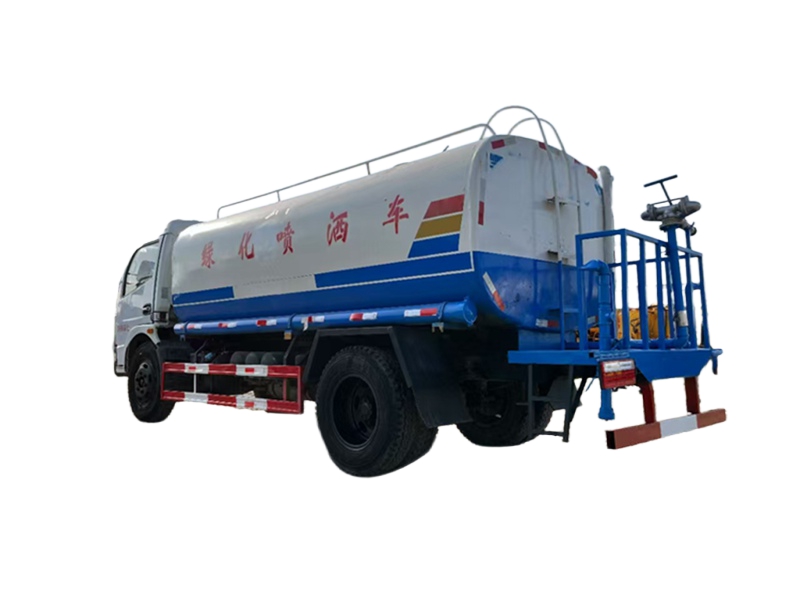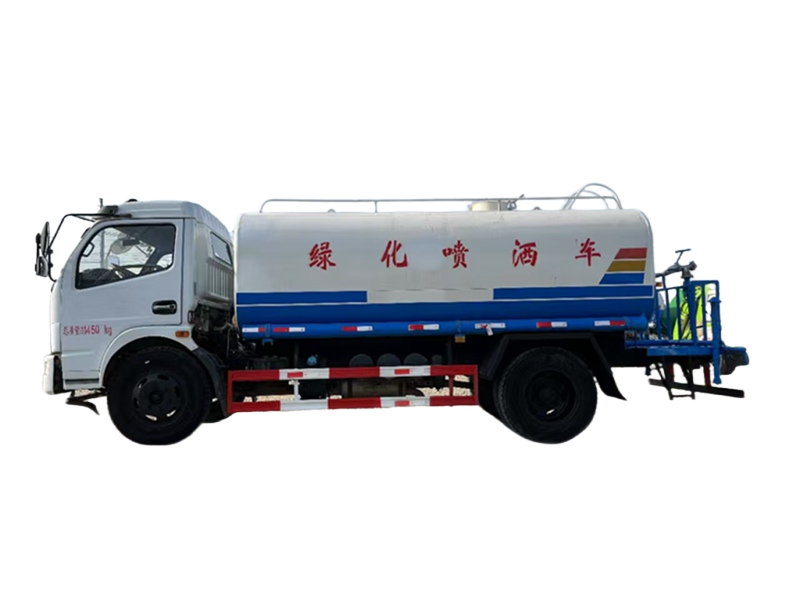Sprinkler Trucks: Versatile Players in Weather Adaptation and Agricultural Support
Sprinkler trucks, often overlooked in discussions of urban infrastructure, are emerging as key assets in addressing weather-related challenges and supporting agricultural sustainability. From mitigating extreme heat in cities to aiding small-scale farmers, these vehicles are proving their worth in diverse and unexpected ways.
Urban Heat Island Fighters
As heatwaves become more frequent, cities are turning to sprinkler trucks to cool public spaces. In Phoenix, Arizona, which regularly experiences summer temperatures above 40°C, sprinkler trucks are deployed to mist downtown sidewalks and park benches during peak hours. Sensors embedded in the pavement trigger the trucks to activate when surface temperatures exceed 38°C, providing instant relief to pedestrians. A city survey found that misted areas saw a 12% increase in foot traffic during heatwaves, boosting local businesses.
In Tokyo, Japan, sprinkler trucks are used to cool sports fields and playgrounds, allowing children and athletes to safely use outdoor facilities even on hot days. The trucks’ timed watering schedules ensure the ground remains cool without becoming muddy, striking a balance between safety and usability.
Agricultural Allies for Small-Scale Farmers
In regions with unreliable rainfall, sprinkler trucks are supporting smallholder farmers. In Ethiopia’s Oromia region, where erratic monsoons threaten crop yields, community-owned sprinkler trucks deliver water to drought-stricken fields. The trucks, funded by international aid, have helped increase maize production by an average of 22% in participating villages. “We used to watch our crops wither; now we have a tool to fight back,” says a local farmer.
In the Philippines, sprinkler trucks are used to distribute liquid organic fertilizers to rice paddies in remote areas. The trucks’ precision nozzles ensure even distribution, reducing fertilizer waste and improving crop health. This method has cut farmers’ input costs by 15% while increasing yields.


Heritage Site Preservation in Changing Climates
Historic buildings and monuments are vulnerable to climate-induced damage, and sprinkler trucks are playing a role in their protection. In Italy, the ancient Roman ruins of Pompeii are now cared for by sprinkler trucks equipped with pH-balanced water. The trucks mist the stone structures to prevent cracking from extreme temperature fluctuations, a problem worsened by climate change.
In Mexico, Mayan pyramids in Chichén Itzá are cooled by sprinklers during heatwaves, preserving the limestone from degradation. The trucks operate during early morning hours to avoid disturbing tourists, ensuring both preservation and visitor experience.

